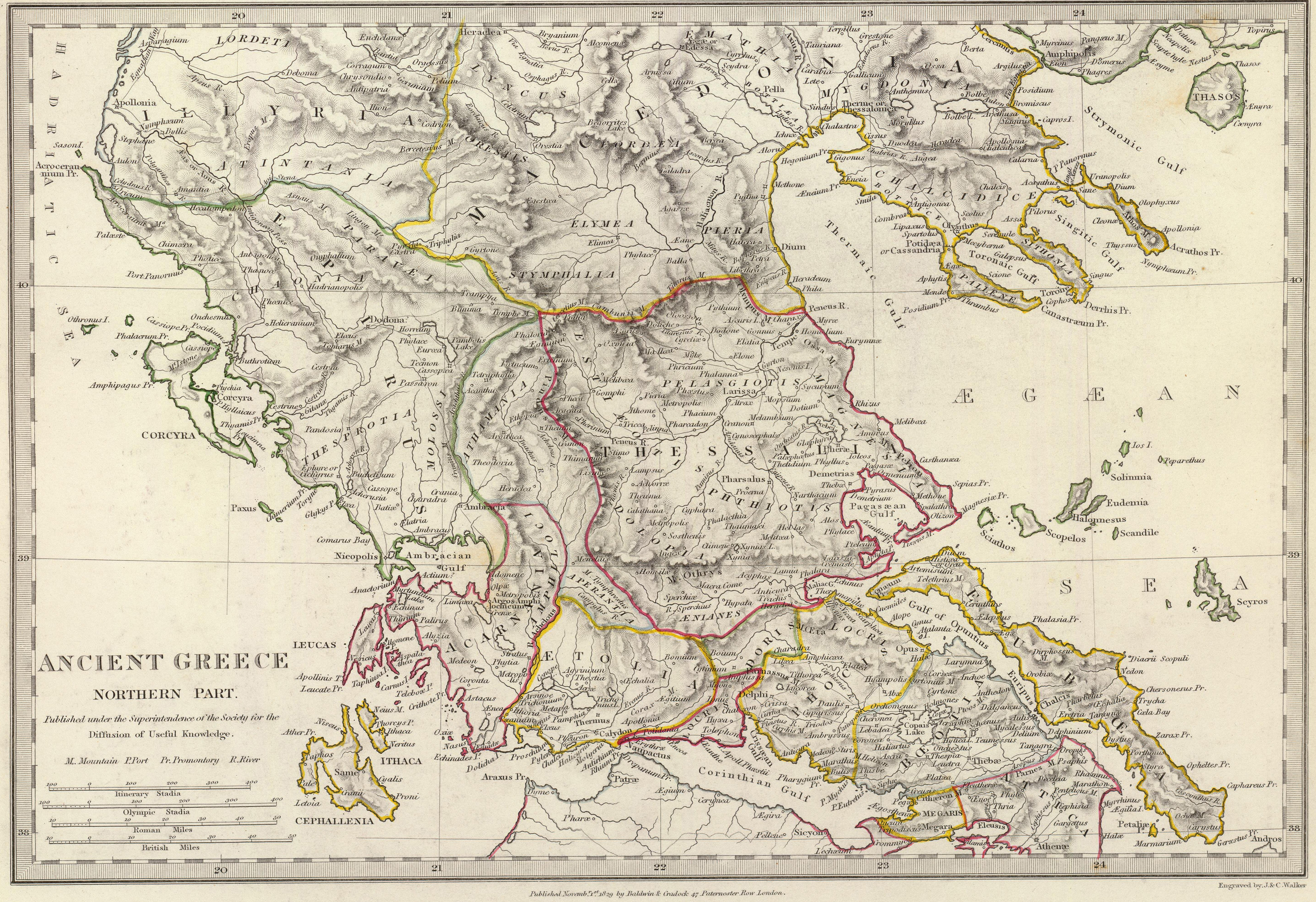Perrhaebi on:
[Wikipedia]
[Google]
[Amazon]
 The Perrhaebi () were an
The Perrhaebi () were an
 The Perrhaebi () were an
The Perrhaebi () were an ancient Greek
Ancient Greek (, ; ) includes the forms of the Greek language used in ancient Greece and the classical antiquity, ancient world from around 1500 BC to 300 BC. It is often roughly divided into the following periods: Mycenaean Greek (), Greek ...
people who lived on the western slopes of Olympus, on the border between Thessaly
Thessaly ( ; ; ancient Aeolic Greek#Thessalian, Thessalian: , ) is a traditional geographic regions of Greece, geographic and modern administrative regions of Greece, administrative region of Greece, comprising most of the ancient Thessaly, a ...
and Macedonia
Macedonia (, , , ), most commonly refers to:
* North Macedonia, a country in southeastern Europe, known until 2019 as the Republic of Macedonia
* Macedonia (ancient kingdom), a kingdom in Greek antiquity
* Macedonia (Greece), a former administr ...
. They took part in the Trojan War
The Trojan War was a legendary conflict in Greek mythology that took place around the twelfth or thirteenth century BC. The war was waged by the Achaeans (Homer), Achaeans (Ancient Greece, Greeks) against the city of Troy after Paris (mytho ...
under Guneus and also fought in the Battle of Thermopylae
The Battle of Thermopylae ( ) was fought in 480 BC between the Achaemenid Empire, Achaemenid Persian Empire under Xerxes I and an alliance of Polis, Greek city-states led by Sparta under Leonidas I. Lasting over the course of three days, it wa ...
.
History
Still independent at the time of the ''Iliad
The ''Iliad'' (; , ; ) is one of two major Ancient Greek epic poems attributed to Homer. It is one of the oldest extant works of literature still widely read by modern audiences. As with the ''Odyssey'', the poem is divided into 24 books and ...
'', they were tributary ''períoikoi'' to the neighbouring Thessali in the 5th century BC, with a special dependence upon the city of Larisa. They could, however, enjoy some degree of autonomy whenever the Thessalian League was weaker, and they had retained from their independence two votes in the Delphic Amphictyonic League (''Amphiktyonía''), until Philip II of Macedon
Philip II of Macedon (; 382 BC – October 336 BC) was the king (''basileus'') of the ancient kingdom of Macedonia (ancient kingdom), Macedonia from 359 BC until his death in 336 BC. He was a member of the Argead dynasty, founders of the ...
took one vote from them. They were part of the Macedonian Kingdom
Macedonia ( ; , ), also called Macedon ( ), was an Classical antiquity, ancient monarchy, kingdom on the periphery of Archaic Greece, Archaic and Classical Greece, which later became the dominant state of Hellenistic Greece. The History of ...
until the Roman
Roman or Romans most often refers to:
*Rome, the capital city of Italy
*Ancient Rome, Roman civilization from 8th century BC to 5th century AD
*Roman people, the people of Roman civilization
*Epistle to the Romans, shortened to Romans, a letter w ...
conquest by Titus Quinctius Flamininus
Titus Quinctius Flamininus (229 – 174 BC) was a Roman politician and general instrumental in the Roman conquest of Greece.
Family background
Flamininus belonged to the minor patrician ''gens'' Quinctia. The family had a glorious place in ...
in 196 BC.
They were listed in Xerxes' vast army by Herodotus. A coin of the Perrhaebi depicted a man restraining a bull on one side and a horse on the other. The inscription was "Περραιβών".Handbook of Ancient Greek and Roman Coins: An Official Whitman Guidebook by Zander H. Klawans and K. E. Bressett, 1995, , page 104, "... Horse r1EPPAIBQN A tribe which occupied a section 480-400 B.C. Perrhaebi of Thessaly in Greece ..."
Geography
Most of their country was mountainous and sparsely inhabited. Their principal towns were Phalanna, situated in fertile plains, andOloosson
Oloosson () was a town and polis (city-state) of Perrhaebia in ancient Thessaly near Elone and Gonnus, mentioned in the Catalogue of Ships in the ''Iliad'' by Homer, who gives to it the epithet of “white,” from its white argillaceous soil. ...
, the tribal capital.See also
Perrhaebus:Eponymous founderReferences
{{reflist *Westlake, Henry Dickinson and Hornblower, Simon. "Perrhaebi" in ''The Oxford Classical Dictionary.'' London: OUP, 2003. p. 1142. Perrhaebia Ancient tribes in Thessaly Ancient Thessalians Greek tribes